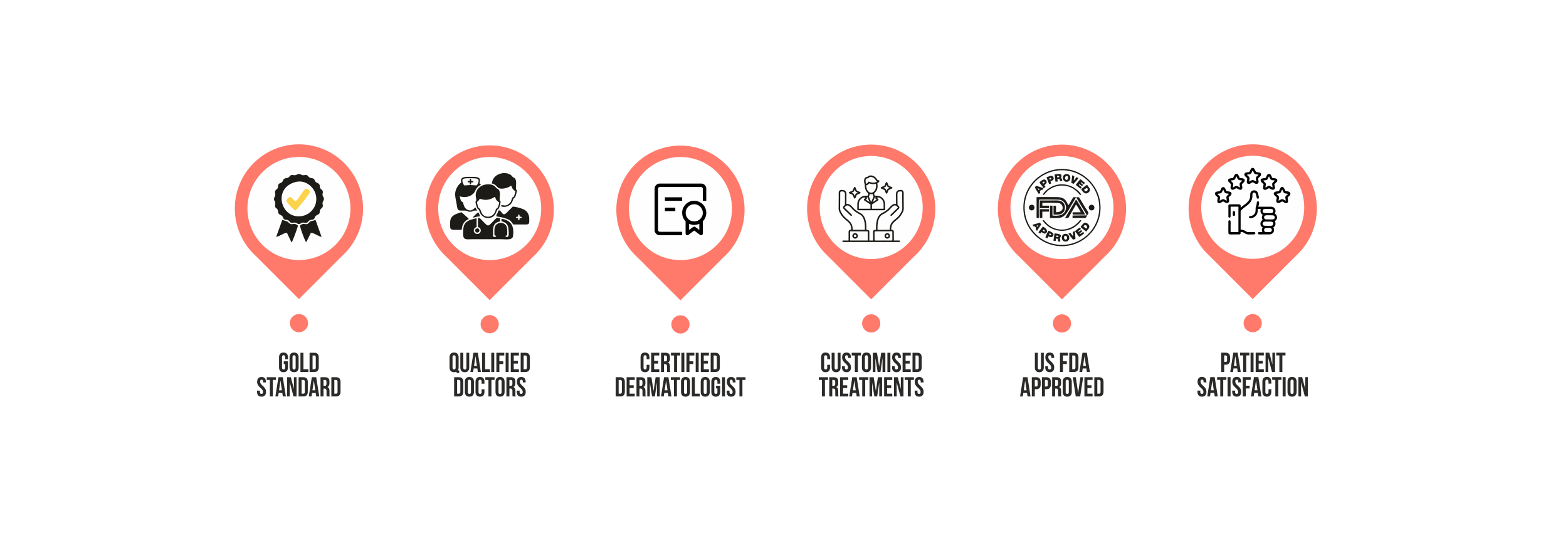Laser Treatments
Acne Medic Facial
Why
Acne Medic Facial
Combat acne with the Acne Medic Facial. Targeting breakouts and inflammation, this specialized treatment purifies and calms troubled skin for a clearer complexion.
Experienced Dermatologists
Comprehensive Care
Latest Technology
Personalised Treatment
Getting Started is Easy
Get a free consultation
Consult for free with our experts!
Book Appointment
Check availablity of available slots.
See Visible Results
Start your treatment and see visible results after our sessions!
Why DermaSpace?

Luxury, quality & comfort
Visit Us Today
101, Pinnacle Building, Above OMA Showroom, North Main Road, Koregaon Park, Pune 411001
Call us: 87885 26934
